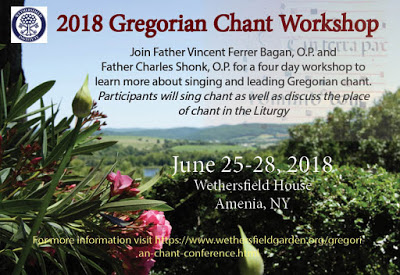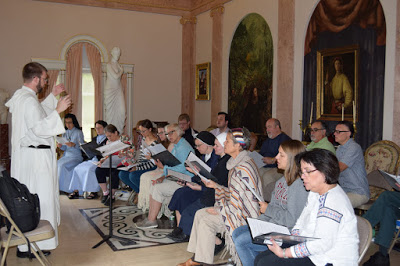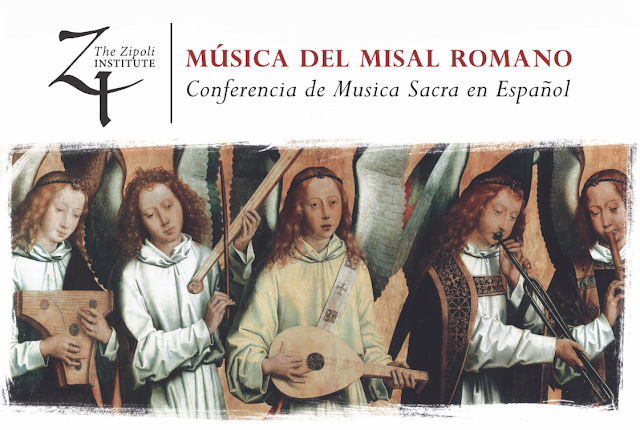I recently read a disturbing interpretation of a dangerous strain of postconciliar thought that rejects the use of principles in pastoral work.
Years ago in graduate school I remember hearing this interpretation described as “Aristotelian realism” by some of my fellow students; having studied Aristotle a great deal in college, I realized that this was a misuse of Aristotle, but I did not realize at the time exactly what the issue was, or how dangerous it is.
The background, to oversimplify, is this. Aristotle usually tried to see what was best in the philosophers who came before him, but when he disagreed, he said so. He thought that Plato was clearly wrong about one of his key ideas, and said so in several places in his works. Plato thought that one of the most important aspects of a thing, its form, has its real existence outside of the thing itself, in an elevated realm of ideas. In other words, Plato thought that reality was split between matter, which has a mundane existence, and form, which has a higher existence.
Strains of this idea have come down to us through various Gnostic heresies through the years, such as the Manichean heresy and the Albigensian heresy. Among the claims of these heresies is that the body–matter–is bad. We know that this is not true, because God saw what He had made, and it was good. In human persons, it was very good. All of these heresies have been rightly condemned by the Church.
What Aristotle believed instead was that the form resides in the matter, and the two have the strongest possible unity in things. The shape, or form, that makes wood into a chair is not easily removed from the chair. More importantly, chair-shape does not live in some celestial place, with only a tenuous connection to concrete reality. The form is part of concrete reality. (The separation of human souls after death is of course an important exception that we know about from Scripture–but even here, the body is destined to rejoin the soul that left it behind temporarily.)
And this, it seems to me, is where Aristotle really gets exciting. Although the forms of natural things such as chairs and plants and fireflies do not exist apart from the matter, the human mind was made capable of thinking about the forms. This process of abstraction, in Plato’s thought, is a ladder of love. In Aristotle’s thought, it is a labor of love. Each of Aristotle’s major treatises begins with wonder at the world around him, and ends in God. He is groping; the mind simply cannot reach the Triune God without special revelation. But he could see something of God, by thinking about the natures of things, including about human ethical behavior. If we know what makes people happy, we can begin to see the happiness of the life of God. This was all part of Aristotle’s project.
What I heard in graduate school and recently also is a misunderstanding of Aristotle, and as I said above it is very dangerous. The misunderstanding would say that there are no forms at all. What we have are only the concrete instances. The process of abstraction is illegitimate. We cannot think properly enough about the nature of things to develop general principles. If we make general principles, we cannot legitimately apply them in concrete situations.
Nothing like this attitude could be more foreign to Aristotle. But more importantly, nothing could be more foreign to the mind of the Church throughout history. There has been an exercise throughout our history of something which might be called the priesthood of the mind. God could, easily, have made all of revelation perfectly clear. Instead, He made it necessary for human minds, working under the guidance of the Holy Spirit, to develop the doctrine and to learn how to apply it. It has taken a long time to find out about His ways. We are like a middle aged married couple now, Christ and the Church. We understand our husband pretty well by now. And at our best, we try to do what pleases Him.
The misuse of Aristotle has many major implications, and two concern us as Church musicians. The first is a reaction against the use of principles. We will often hear that despite what Vatican II said about the eminent suitableness of Gregorian chant for liturgy, with polyphony in second place, and its insistence that new compositions for liturgy should follow these examples, instead it is congregational taste that must decide the selection of music. The Church has considered these matters thoroughly and has given us principles to apply–but we disobey. This is not Aristotelian realism. It is stubbornness and congregationalism.
The second problem is more subtle, but very real and often catastrophic. As human beings, we cannot actually help abstracting forms and natures, making principles, and applying them. So if we deny the legitimacy of these actions to the Church as our authority, we will find ourselves following esoteric doctrines, as ancient Israel did when it was lukewarm.
There is the danger of adopting new theological principles by looking not at the nature of human beings–what will make us happy–but instead imposing other principles, such as progressivism. Because I am convinced that it is never a case of having no principles, no abstractions. There will always be something. If we give up cruciform architecture, we’ll adopt theater in the round. If we give up chant, we’ll take up emotive ballads. We will not settle for formlessness. Our forms will just become much less indicative of the truth–much less realistic–if we refuse to think through our discernment. Great art will degenerate into bad, without the mind.
At this point in our married lives with Jesus, we understand Him pretty well. The sheep hear His voice. What if we decided we don’t know Him after all? To whom would we go?




